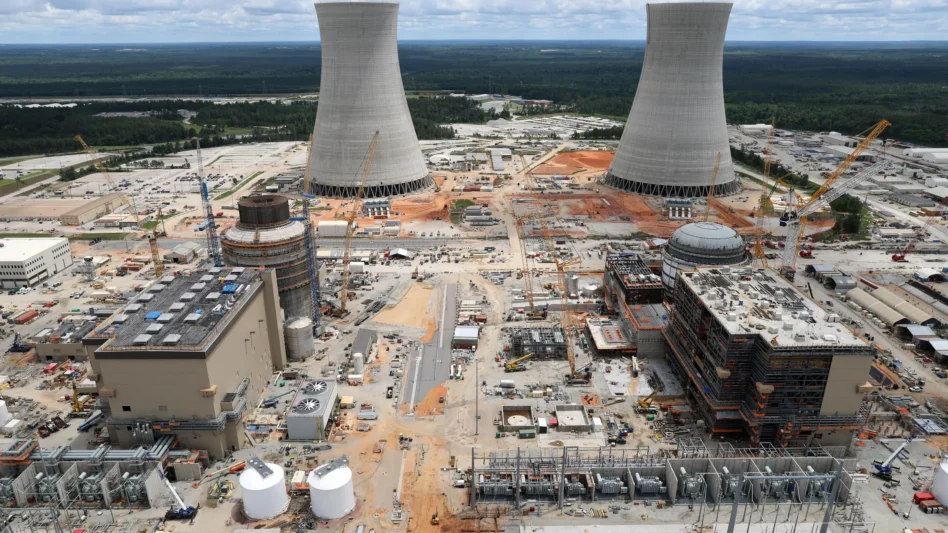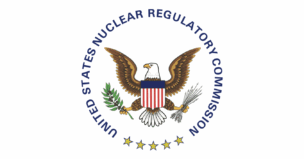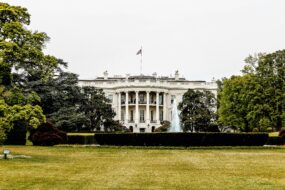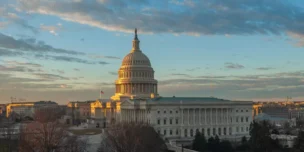Despite the important role that nuclear plants play in supplying the US with carbon-free, reliable baseload power, they get a bad rap. Historical concerns over the safety of nuclear energy after accidents, comparisons to nuclear weapons tech and proliferation, and pushback from environmentalists over waste and radiation have all negatively contributed to the public’s ever-changing view of nuclear power generation.
Public opinion has a material impact on the nuclear sector’s growth. After major nuclear accidents, fears increase, and new funding and supportive policy development grind to a halt.
Now, it seems we’ve entered an era of relatively widespread support for nuclear energy—a trend backed up by a new Pew Research Center poll:
- The survey found that 56% of Americans are in favor of growing our national nuclear capacity.
- That’s just about on par with last year’s 57% and up significantly from the 43% of the nation that supported more nuclear construction in 2016.
- Wind and solar are still more popular options than nuclear, however.
Support extends to both A) reopening shuttered nuclear plants and B) starting new construction projects, according to the pollsters, who pointed to efforts at restarting the Palisades and Three Mile Island plants as examples.
The political divide: Though nuclear power expansion is becoming more popular with both major US political parties, there remains a stark difference across party lines. Pew found that 67% of Republicans support expanding nuclear, while Democrats are split at 49/49%. That’s a smaller gap than for other power production options—Dems are much more likely to support renewables than Republicans, and vice versa for oil and gas.
The upshot: The relatively consistent high (and increasing) public opinion of nuclear over the last several years aligns with a measurable increase in investment, as well as an increase in supportive nuclear legislation.
- The ADVANCE Act, for example, recently passed with broad bipartisan support, redirecting the NRC to not unnecessarily limit the expansion of new nuclear.
As an aside…The Pew survey, conducted in May, also asked about other power production options, including renewables and oil and natural gas. Over the last five years, the percentage of US respondents who would prioritize increased deployment of renewables over oil and natural gas has fallen from 77% to 64%.
Lead Reporter of Ignition




